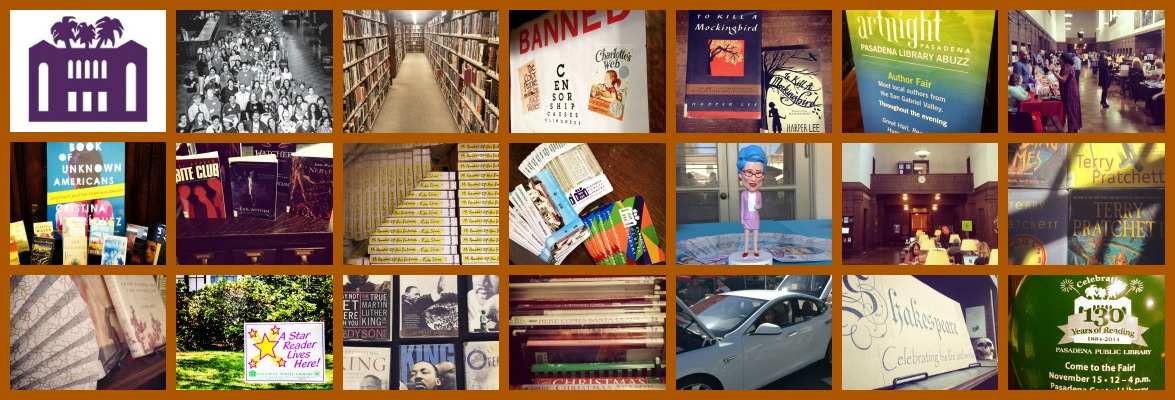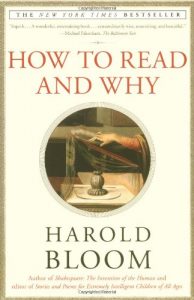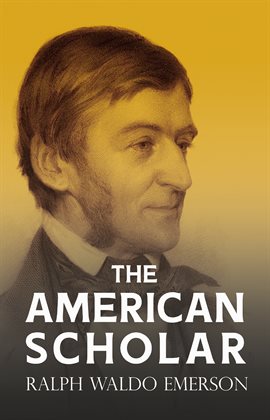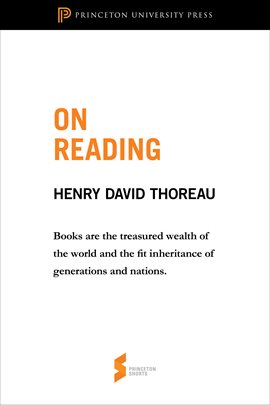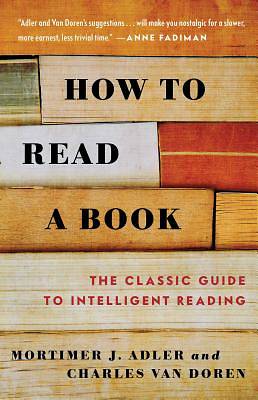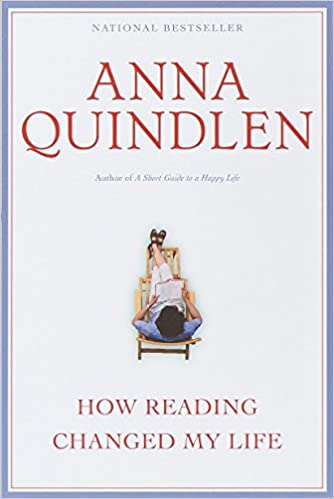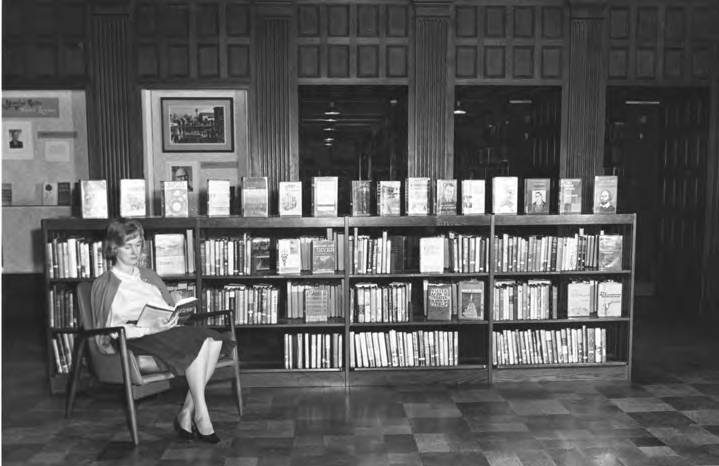
I ran into a former colleague of mine at a store not too long ago. We exchanged the usual pleasantries and asked each other what the other was reading. I told her I was currently reading Miguel de Cervantes’s Don Quixote, to which she seemed amazed and said something about how she’s always impressed with the types of books I read. I couldn’t help feeling a bit embarrassed by the comment because I sort of knew what it implied. I think there is a general perception of erudition and cultural refinement in reading classic literature, and reading works by Shakespeare or Milton or Cervantes, for example, is impressive in the sense that it says that one is cultured and learned. I don’t think I’m as cultured or as smart as the books I read would suggest, and I must say I sometimes feel like a fraud when I tell people I’m reading something like Don Quixote, for I am no sophisticated reader but simply just a common reader who enjoys a good story. It sort of makes me blush a little to know that people may think otherwise.
After having answered my ex-colleague’s question, I asked in kind what she was reading. She said some sort of mystery (memory does not reveal whether a title was mentioned). I then asked if she likes reading mysteries. She said no and that the book she’s currently reading is just something of interest; it’s escapism reading she said with a hint of guilt in her voice coupled with an embarrassed smile. And as if to reassure her I remarked that reading books in general is escapism and added that reading DQ is a sort of escapism for me. It seemed the moment I said that I too felt a bit embarrassed, perhaps because such reading is usually associated with trashy romance novels with no substance or fantasy books that are read by people with no sense of reality or, truth be told, because I didn’t really believe that I was reading to escape. I certainly didn’t want to give the impression that I read for that purpose alone. It makes reading sound like such a trivial pursuit, yet isn’t that the main reason we read—to escape?
This brief exchange got me thinking once again about how we read and the purpose for which we read. I’ve always believed that there is more to reading than just mere pleasure and escapism it affords us. There’s something transcendental, transforming, and ennobling about it. Literature constructs as much as it teaches humanity. It creates imaginative worlds and allows us to explore the meaning and complexity of human experience, thus enriching us with insights and understanding of the human condition. It further gives us the language in which to conceptualize and talk about our own experience. As a form of communication, literature articulates values and beliefs that are fundamental to a culture and society; its expressive power of language helps us to understand and appreciate the diversity of thoughts and different cultures that we may encounter in real life. In reading literature, we become more aware of who we are and those around us, and our heightened sense of self allows us to develop a sensitivity to the needs and feelings of others. Literature cultivates our humanity, and in an educated and humane society men and women are inspired to greater deeds and to better themselves through reading, for as Ralph Waldo Emerson said, “The theory of books is noble.” Books inspire us with the beauty they express and the wisdom they impart. There is an immeasurable pleasure that is derived from the best books, to echo the sentiments of America’s very own scholar, but there is also a wealth of knowledge to be gathered from them, and for that, reading, Emerson said, is “indispensable to a wise man,” for it is he, with his education and cultivation through books, who is indispensable to the society of which he is part. Having said all this about literature, I believe that perhaps there is indeed a connection between the pleasures of reading and the public good.
Harold Bloom, the late eminent critic and sage of our time, would however disagree on the premise that reading literature does not directly improve anyone else’s life, much less society. In How to Read and Why Bloom is skeptical of the view that care for others or social improvement may be stimulated by imaginative reading and says that reading for pleasure is a selfish act and not a social one. Although no one will dispute that recreational reading is indeed selfish insofar as it is done for self-gratification, I must respectfully disagree with Bloom that the pleasures of reading great literature (or any literature, for that matter) do not stimulate sympathy and empathy for others nor contribute improvements to society. It’s true that literature is art and as such serves to delight our sense of imagination and so appeals more to our emotions than to our reason, but as a form of social and cultural discourse it has much to teach us.
When one reads a novel such as Charles Dickens’s Hard Times, the primary reason for reading may be for simple enjoyment, hence the selfishness of the act. However, implicit in any selfish act of reading literature are the opening of the mind to social concerns, the stimulation of empathy and altruism, and a call to action. Not all readers will be motivated to take pro-active steps in bettering society immediately—directly or indirectly—after reading a great book. What reading has done for them is increase their social awareness and make them see their surroundings differently, and this slight change in perception may compel them to improve their character, which in the grand scheme of things will affect society (for the better, we hope).
Reading is in fact a very elucidating experience in which we can suddenly become aware of our environment or present situation. It can elevate us to a level of total awareness or it can humble us to a simple understanding of who we are. I believe that is the purpose of reading. Reading literature may not have the intent of bettering our neighbor or neighborhood because its primary purpose is to please our senses and strengthen the self (I agree with Bloom on this). One may vehemently argue against reading a book for the purpose of finding and understanding its moral or socio-political values and hence its social significance, but the truth is we cannot escape the social influence that reading has. Even reading solely for a book’s aesthetic value and simply for one’s own pleasure affects society because if reading for pleasure leads to self-improvement, then social improvement will gradually follow in one form or another. Interestingly enough, reading does just what Bloom says it doesn’t do or shouldn’t do.
Anyhow, enough of this drivel about reading and its transcendental qualities. I’m not saying that reading has to be an intellectual, cultural, or social pursuit to be deemed worthwhile, and I’m certainly not advocating that one should read for a greater good. There is no wrong way to read just as there are no wrong reasons why we should read. What reading does to the individual is up to him or her. If a book encourages one to think more critically or compels one to compassion, then reading has done its purpose for the reader. If it does nothing more than alleviate boredom or loneliness, who are we to confute the reader’s purpose in that? We needn’t read for social or cultural understanding or for self-awareness–however admirable it may be–nor engage in laborious reading to feel that we are reading correctly or purposefully. The very act of reading is a purpose unto itself. To be edified and enlightened is a reward of good reading, but we read not so much as to strengthen the mind as to free the soul. We read to escape the mundane world and the trifles of life, for the greatest reward of reading literature is the solitary pleasure it gives us through the sublime experience of being transported to a different time, a different place. Escapism reading is perhaps good reading, and I suppose there is no embarrassment in that.
Here are 10 books about reading or that talk about the purpose of reading.
by Harold Bloom
by Ralph Waldo Emerson
by Henry David Thoreau
by Mortimer Jerome Adler
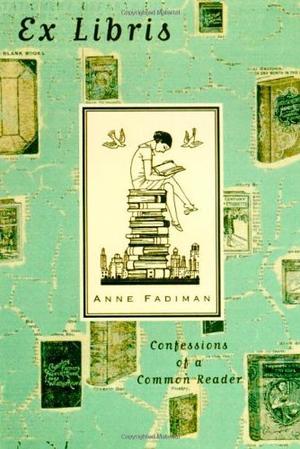 Ex libris: Confessions of a Common Reader
Ex libris: Confessions of a Common Reader
by Anne Fadiman
by Anna Quindlen
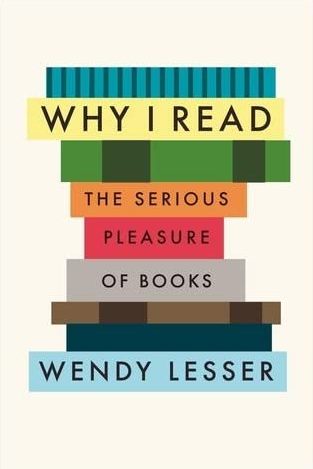 Why I Read: The Serious Pleasure of Books
Why I Read: The Serious Pleasure of Books
by Wendy Lesser
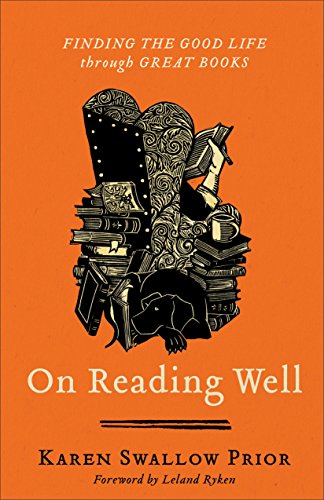 On Reading Well: Finding the Good Life Through Great Books
On Reading Well: Finding the Good Life Through Great Books
by Karen Swallow Prior
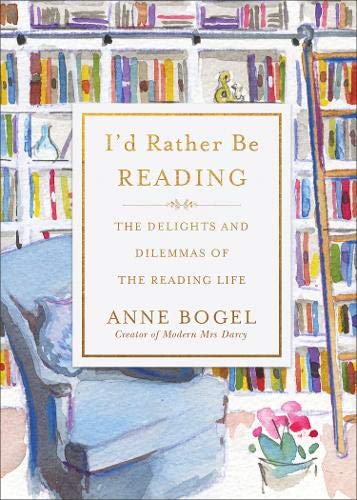 I’d Rather Be Reading: The Delights and Dilemmas of the Reading Life
I’d Rather Be Reading: The Delights and Dilemmas of the Reading Life
by Anne Bogel
 How to Read Literature Like a Professor: A Lively and Entertaining Guide to Reading Between the Lines
How to Read Literature Like a Professor: A Lively and Entertaining Guide to Reading Between the Lines
by Thomas C. Foster
